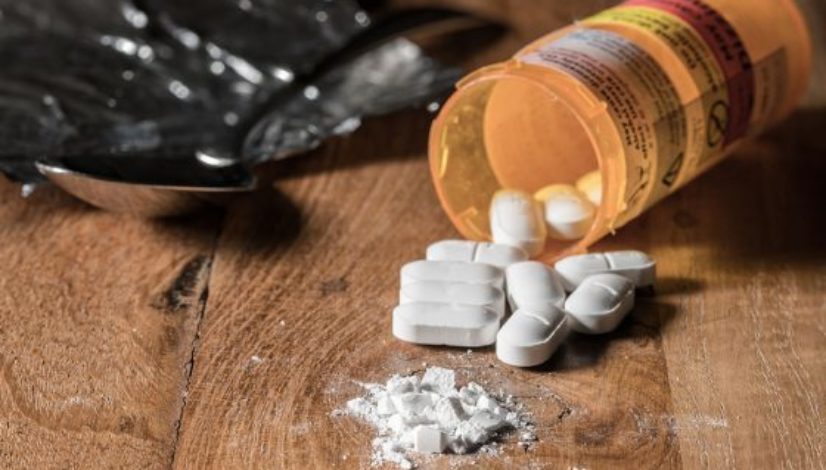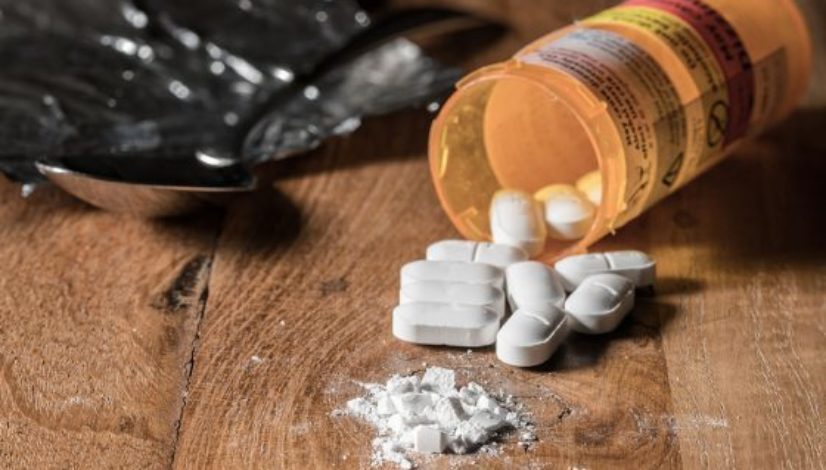White House opioid commission calls for changes to anti-drug policies

Published: Nov 1, 2017, 3:02 pm • Updated: Nov 1, 2017, 3:02 pm
By Lenny Bernstein, The Washington Post
President Donald Trump’s commission on the opioid crisis called Wednesday for a nationwide system of drug courts and easier access to alternatives to opioids for people in pain, part of a wide-ranging menu of upgrades it said are needed to curb the opioid epidemic.
The commission, headed by New Jersey Gov. Chris Christie (R), called for expanding drug courts – an alternative system that tries to channel substance abusers accused of crimes into treatment – into all 93 federal court jurisdictions.
The report came six days after Trump declared the opioid crisis a “public health emergency,” which the commission had urged in its interim report released in July. That designation allows Trump to direct all federal agencies to speed aid to cities and states in the grip of what he called “the worst drug crisis in American history.”
Related: Why aren’t we talking about medical marijuana to help the opioid crisis?
One important step he signaled was a decision to have the U.S. Department of Health and Human Services waive a 1970s-era policy that blocked Medicaid payments to inpatient treatment facilities with more than 16 substance-abuse beds. That should make treatment more widely available. Trump also said the Postal Service and the Department of Homeland Security are strengthening package inspections in an attempt to reduce the flow of the street drug fentanyl, much of which is synthesized in China, sent to the United States and mixed with powdered heroin by dealers.
Trump suggested that the federal government might file suit against companies he called “bad actors,” presumably those in the pharmaceutical industry that have allowed painkillers to reach the black market. Private attorneys have already filed some lawsuits, and a coalition of 41 state attorneys general is investigating the role of some companies in the epidemic.
Related stories
- Why aren’t we talking about medical marijuana to help the opioid crisis?
- Pharma CEO who funded anti-cannabis campaign accused of giving docs kickbacks to prescribe opioids
- Trump declares opioids a public health emergency, stopping short of national state of emergency
- As Trump prepares to declare opioid emergency, victims of crisis want action more than words
- Congress demands answers from DEA on spread of opioids
But the president was harshly criticized by activists and Democratic lawmakers for failing to put significant new funding into a battle that many say will require tens of billions of dollars, especially for treatment of the 21 million people with substance abuse disorders. Only about 10 percent of them receive treatment of any kind.
Overdoses from prescription drugs have killed 200,000 people since 2000, and more than 500,000 have succumbed to overdoses of all kinds during the same period. Drug deaths are expected to exceed 60,000, a record, when final numbers are available for 2016. As the crisis has evolved, heroin and fentanyl are responsible for an ever larger share of the deaths.
The recommendations also come almost a year after former U.S. Surgeon General Vivek H. Murthy released a landmark report on addiction in the United States.
Modern treatments for addiction is effective, Murthy and other experts have noted, though relapse rates are comparable to those seen among people with other chronic diseases. For people trying to recover from an alcohol-abuse disorder, it can be four or five years before the chance of relapse drops below 15 percent.
In its interim report, Gov. Christie’s commission called for a large expansion of medication-assisted treatment, which many experts have called the most effective approach and which Food and Drug Administration commissioner Scott Gottlieb has endorsed. That therapy provides users with buprenorphine, methadone and other drugs in an attempt to wean them off harmful addictions to heroin or prescription narcotics.
Topics: big pharma, medicaid, opioid epidemic, pharmaceuticals, sentencing reform




